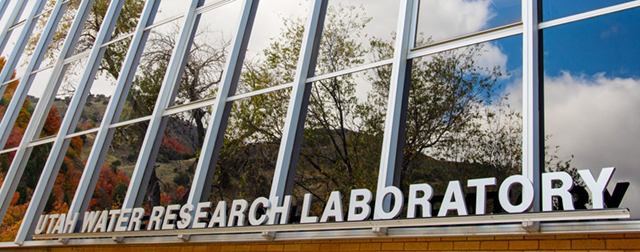Document Type
Report
Publication Date
January 1974
Abstract
A methodology for comprehensive evaluation of water resources development and use (Techcom) has been developed and partially field tested. A model of societal goals consists of nine primary goals successively articualted into increasingly specific subgoals. Achievement of subgoals is perceived as affected by measurable social indicators whose values are perturbed by water resources actions. Linking the elements of the goals taxon by connectives result in an evaluation system. historical, political and philosophical considerations of the proposed system are discussed in Part I. Part II describes the results of the Rio Grande of New Mexico test including public perception and weighting of the subgoals and goals, and development of specific connectives. Future values of 128 social indicators for 5 action plans for four 5-year intervals to 1987 are estimated using a computerized system based on an inversion of an input-output model interacting with social and environmental indicator connectives. A computerized system for quantified planning inquiry provides comparisons of relative goal achievement and permits review of all planning information through a simple retrieval procedure providing visual display or hard copy. The methodology is conveived as applicable generally to natural resources actions.
Recommended Citation
Caulfield, Henry P., "Water Resources Planning, Social Goals, and Indicators: Methodological Development and Empirical Test" (1974). Reports. Paper 155.
https://digitalcommons.usu.edu/water_rep/155


